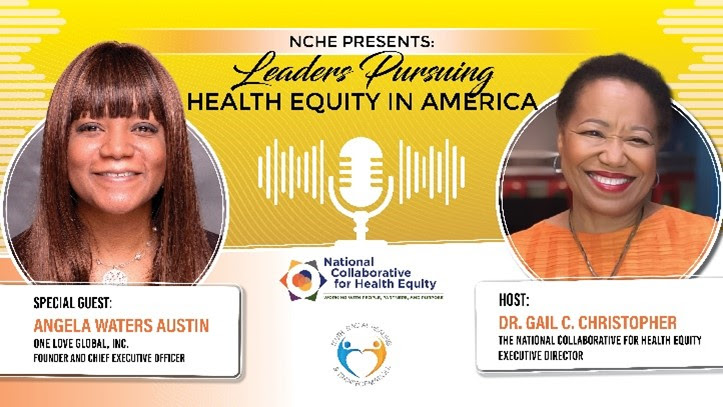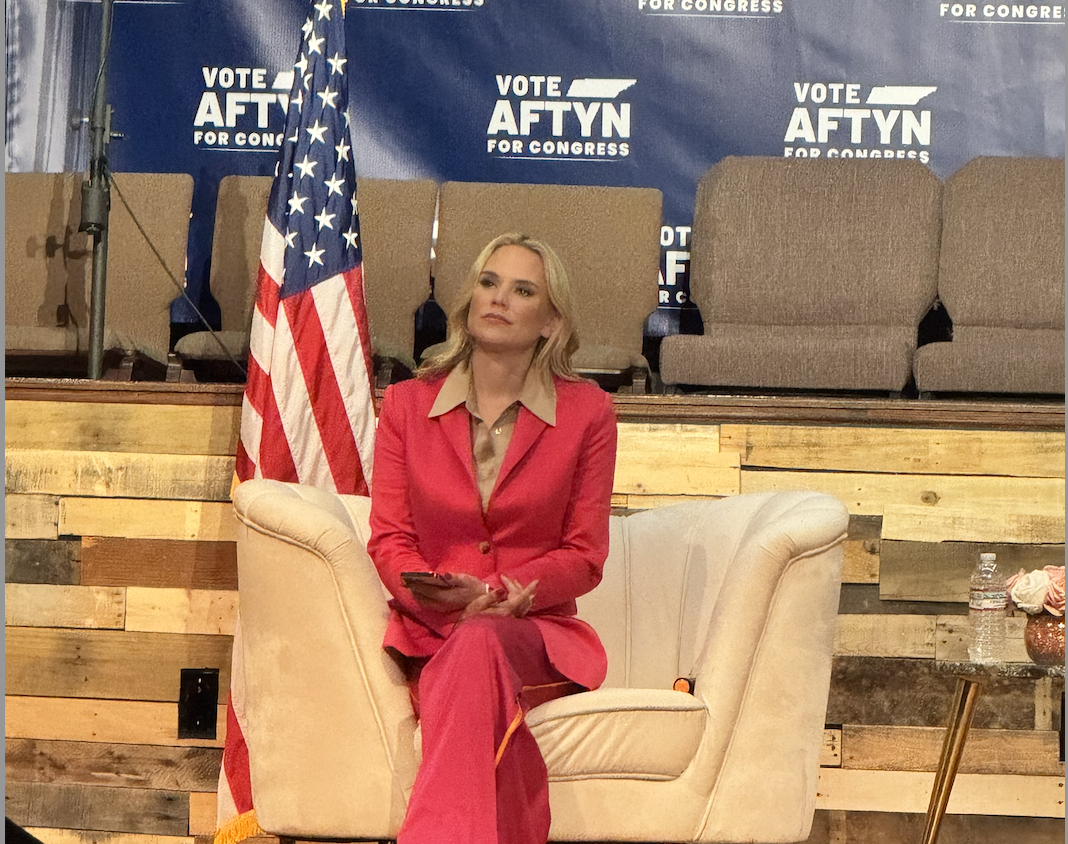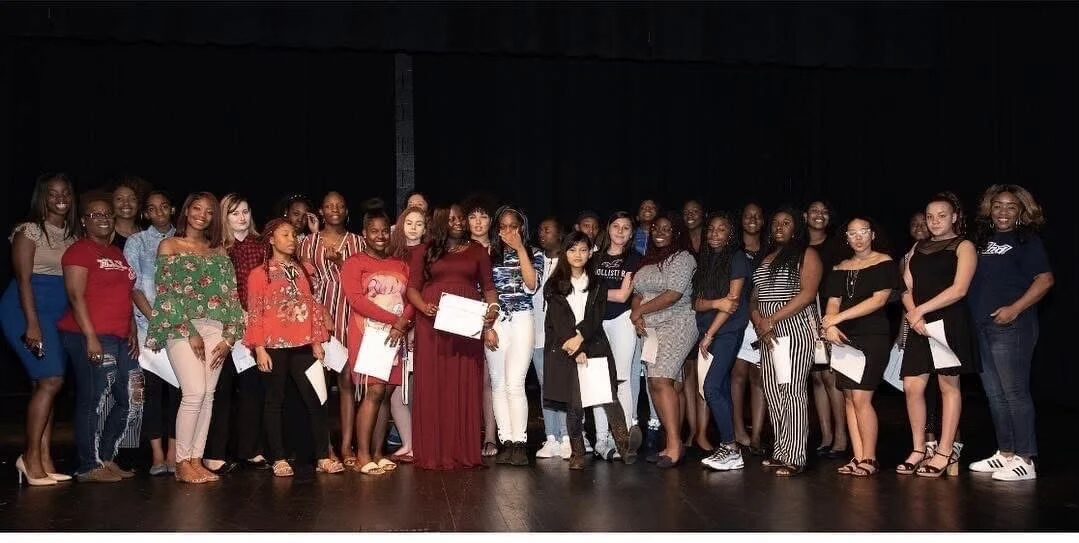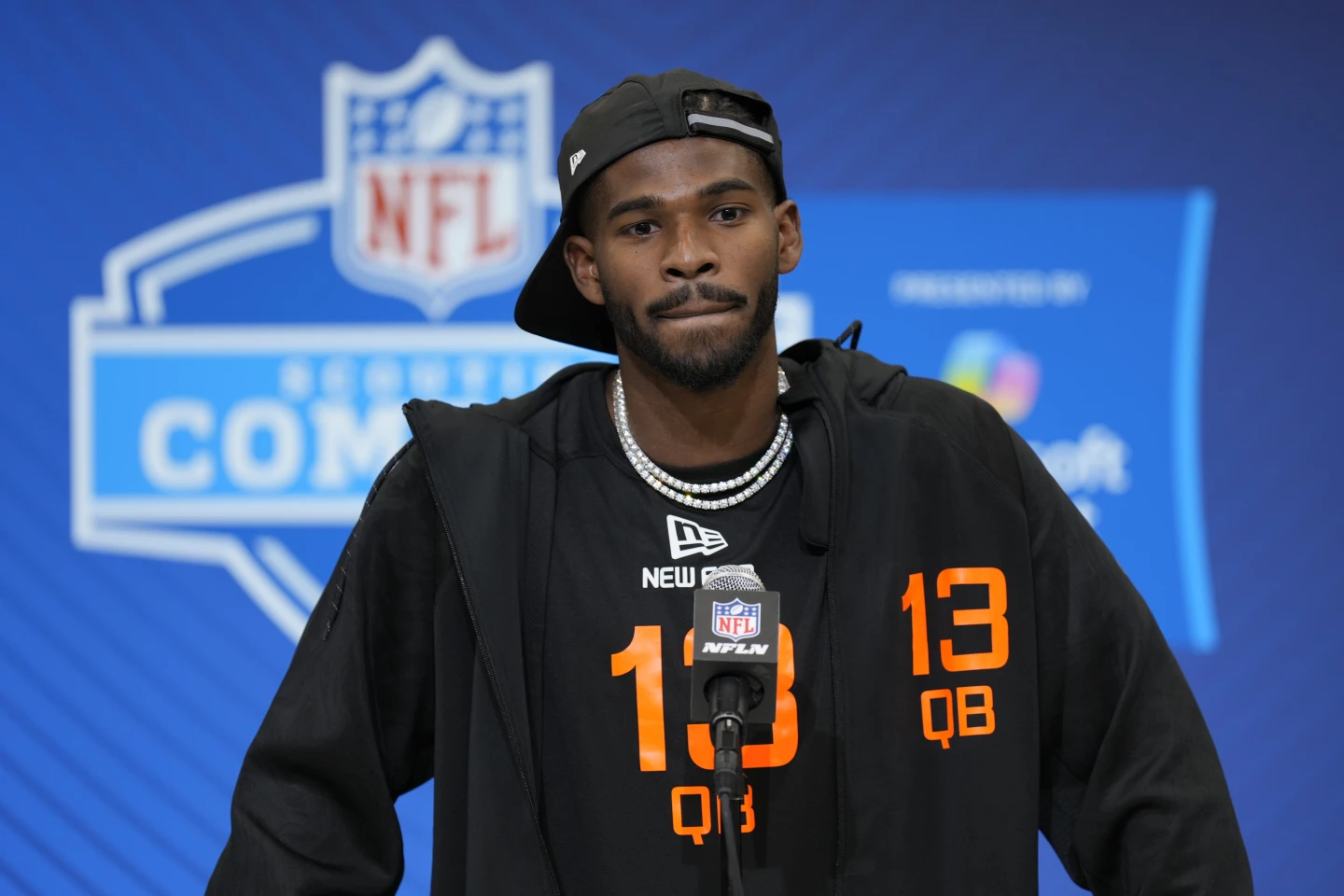Washington, DC – On the new NCHE PRESENTS: Leaders Pursuing Health Equity in America podcast, Angela Waters Austin, executive director of One Love Global Inc, demonstrates the power of authentic engagements to address racism, telling host Dr. Gail Christopher about healing circles and discussions that generated positive results and changed beliefs. She also says the COVID-19 pandemic forced community organizations to adopt creative approaches.
“It tested our ability to innovate,” Austin says of COVID-19. “It tested our ability to be able to shift on the ground organizing… And it really required us to think differently about how we can actually continue to organize and be with our people and to create space.”
One of the innovations, Austin says, was to hire a group of teenagers to learn how community organizers could better engage with youths, especially around attending school virtually, and understanding it was exhausting for students. “They really helped us build out what a digital organizing platform looks like, and they helped us build it…they designed it for their peers.,” she says, noting that the initial local, Lansing offering grew into a statewide program and now includes participants from other states.
“That’s a powerful innovation for those of us who are leading nonprofit organizations,” responds Dr. Christopher, who is Executive Director of the National Collaborative for Health.
Equity. “Let me be clear, you hired, you didn’t (ask for volunteers), you hired a group of teenagers to build out this platform. That is profound. “
Throughout a reflective conversation, Dr. Christopher and Austin discuss the challenges and successes of their work that aims to heal racial wounds of the past and create paths forward that can transform American society. A chief objective is eliminating racism and uprooting the false belief in a hierarchy of human value, an antiquated notion that the human family can be divided and ranked based on skin color, physical characteristics, and ascribed traits.
In their talk, Austin recites authentic stories from her work at One Love Global, a non-profit working to transform communities so Black children experience justice, peace, healing, opportunity, and abundance.
At one of their statewide youth gatherings in Detroit, Austin encountered a 10-year-old named David. “We asked what has the biggest impact on your life? And what change would have the deepest impact?” she recalls. “And he said, ‘stop closing our neighborhood schools. When you close the school in my neighborhood, no one wants to live there. People move out. And what moves in is violence. It’s crime. It’s people who are struggling to actually have their needs met and who are self-medicating.’ “ Austin says that David saw “the harm” caused by a school closing, adding that it amounted to closing “an institution in the community.”
Further, Austin recites a conversation with a retired military officer who is a conservative Republican and an advocate for law and order. He openly questioned why people were protesting against police brutality.
“He simply did not grasp it. It was not a part of his reality,” Austin says. “It wasn’t a part of his ideal of law enforcement. He was deeply hurt, offended by the criticism, and it took him hearing a perspective of what it’s like to not know just by nature of someone’s uniform or badge, whether they are coming to help you or coming to hurt you. And that the idea that police are first responders and protectors is not everyone’s reality. We are all conditioned to kind of have a belief about policing and law enforcement that doesn’t measure up to the reality for many people. And he really needed to hear that from somewhere other than the news media that he was getting information from.”
Interjecting, Dr. Christopher asks if he appreciated that perspective.
“He did,” Austin responds. “He actually expressed great remorse and sympathy…he absolutely felt what it would be like as a parent to lose a child to police violence. It hit home for him as a parent.”
Dr. Christopher adds, “So our goals of deeper compassion, deeper empathy, our tenant about the power of story and personal connection, it was all embodied in that interaction… You really embody the spirit of this work, Angela, and it’s such an honor and privilege to be able to speak with you and, and amplify your voice and amplify the clarity that you bring to this work.”
Listen to the full podcast HERE.









